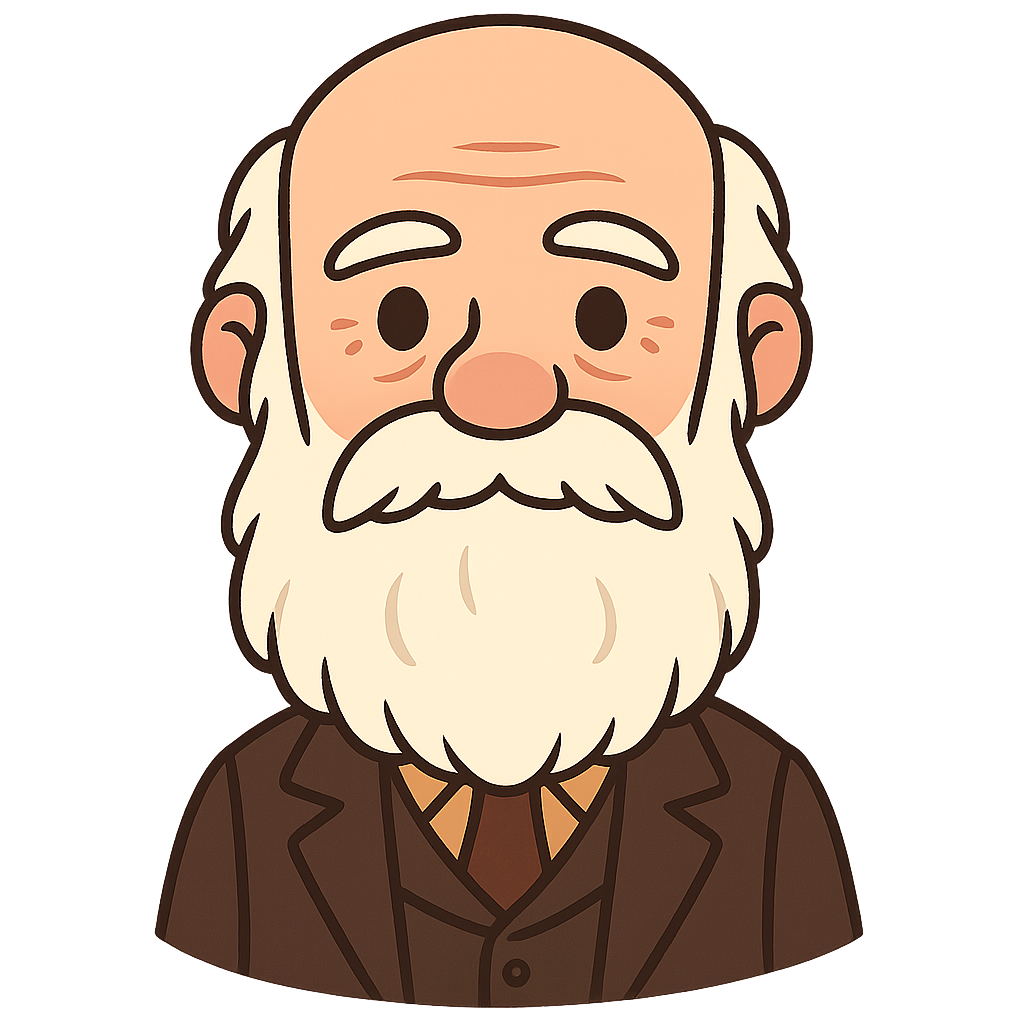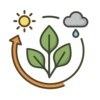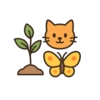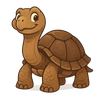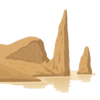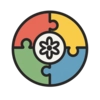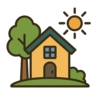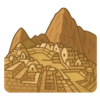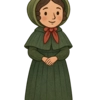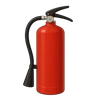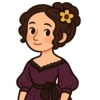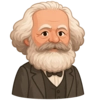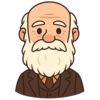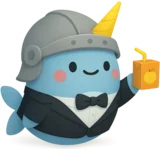Charles Darwin: A Voyage of Discovery
Hello there. My name is Charles Darwin, and I want to tell you the story of my life, a life filled with curiosity and incredible adventure. I was born on a chilly day in 1809, in a town called Shrewsbury in England. Even as a small boy, I wasn't very interested in the things that seemed to fascinate others. While my friends might have been playing with toy soldiers, I was outside, my pockets bulging with treasures. I collected everything I could find: smooth, colorful stones from the riverbed, empty snail shells with perfect spirals, and most of all, beetles. I had a magnificent beetle collection! The world outside was my real classroom. I loved wandering through the countryside, watching birds build their nests and examining the strange patterns on a butterfly's wings. My father, a respected doctor, hoped I would follow in his footsteps. He sent me to study medicine, but my heart wasn't in it. The lessons felt stuffy and dull, and to be honest, I couldn't stand the sight of blood! My mind was always drifting back to the fields and forests, to the great, unsolved mysteries of the natural world. I knew, deep down, that my path was different.
My life changed forever in 1831. I was just 22 years old when I was offered the chance of a lifetime: to travel around the world as the ship’s naturalist aboard the HMS Beagle. Can you imagine the excitement? A five-year journey across vast, uncharted oceans! The ship was my home as we sailed away from England. The salty air filled my lungs, and every day brought a new horizon. Our main task was to map the coastline of South America, and while the crew worked, I explored. I hiked through dense rainforests buzzing with insects I’d never seen before and climbed mountains where I discovered the fossilized bones of giant, extinct creatures. It was mind-boggling to see the remains of animals so huge, unlike anything alive today. But the most important stop on our long voyage was a small group of volcanic islands far out in the Pacific Ocean: the Galápagos Islands. This place was like another world. I saw giant tortoises with shells so large I could almost ride them, and I noticed that the shape of a tortoise's shell was slightly different depending on which island it lived on. I also studied the little birds, which we now call finches. I observed that finches on one island had strong, thick beaks for cracking tough nuts, while finches on another island had thin, delicate beaks for catching insects. Why were they so similar, yet so perfectly different? It was a puzzle that began to form in my mind, a question that would follow me all the way back home.
When I returned to England in 1836, my adventure was far from over; in many ways, it was just beginning. I spent the next twenty years in my study, surrounded by all the specimens, notes, and fossils I had carefully collected. I was like a detective with a giant mystery to solve. I studied the finches' beaks and the tortoises' shells, I read books by other scientists, and I thought very, very hard. Slowly, a big idea began to take shape. I called it evolution by natural selection. It sounds complicated, but it's really quite simple: I realized that all living things must compete to survive. The creatures that have special features helping them live in their environment—like a beak that's perfect for the food on their island—are more likely to survive, have babies, and pass those helpful features on. Over millions of years, these small changes can add up, creating entirely new species. In 1859, I finally felt ready to share my discovery with the world and published my book, 'On the Origin of Species.' My idea changed science forever. My life ended in 1882, but my journey of curiosity continues through others. Looking back, I see that my entire life was fueled by asking questions. So, I encourage you to do the same. Look closely at the world, stay curious, and never stop asking 'why.' You never know what amazing things you might discover.
Activities
Take a Quiz
Test what you learned with a fun quiz!
Get creative with colors!
Print a coloring book page of this topic.

